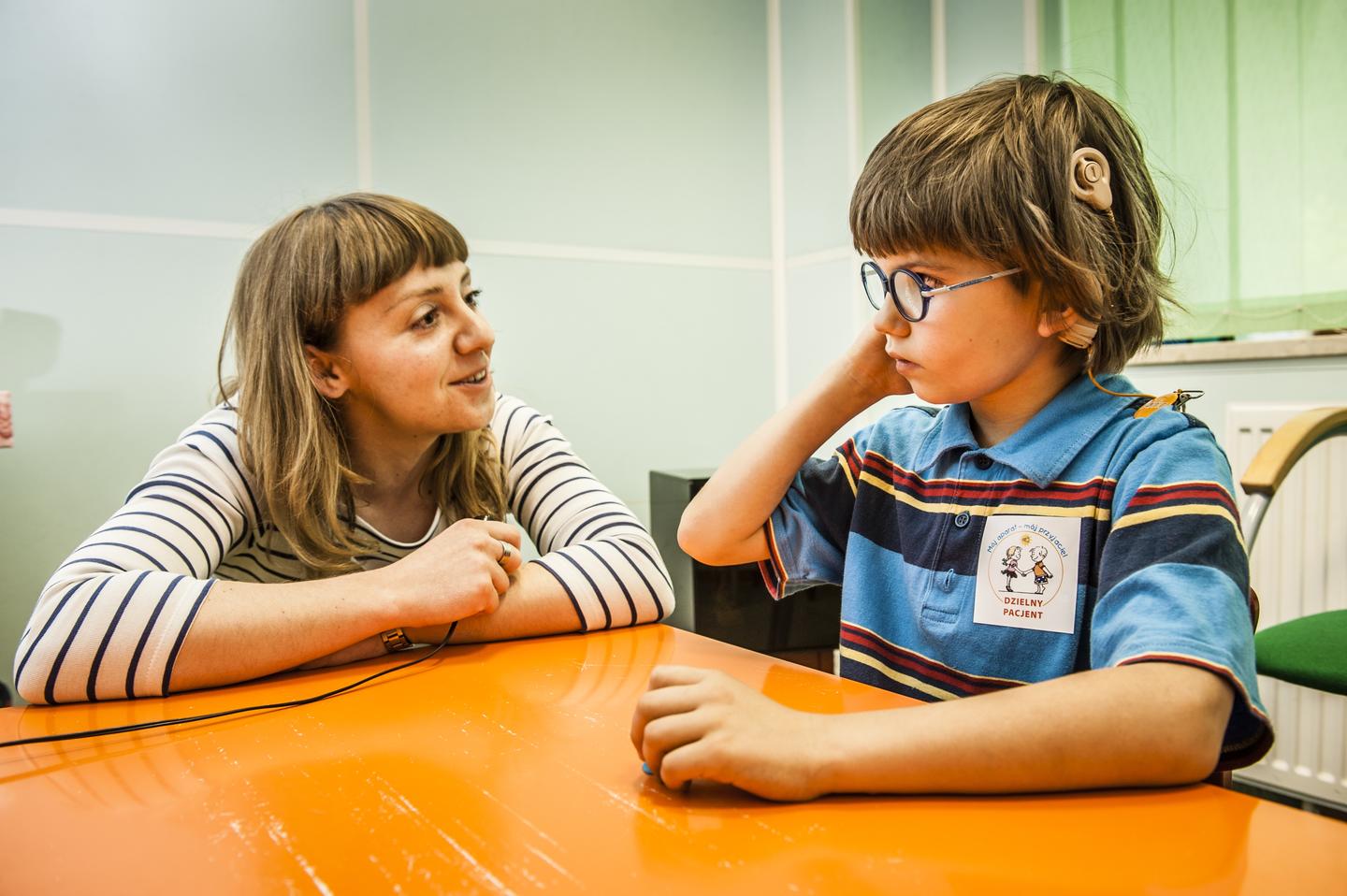Around 100 out of the 144 programme proposals expected under the EEA and Norway Grants 2009-2014 have been submitted. This marks a significant step towards the launch of the new programmes in all 15 beneficiary countries.
Programme proposals are appraised by the Financial Mechanism Office – the secretariat for the Grants – before being submitted to the donor countries, Iceland, Liechtenstein and Norway, for approval. Of the programmes received to date, 30 have been approved.
The programmes will fund a portfolio of projects within the specified sector (see more on sectors funded by the Grants here). Once approved, programme operators can launch calls for project proposals. Projects may be implemented until 2016. Bilateral partnerships, promoted at both programme and project level, are a key feature of the Grants. So far, four open calls have been launched and many more will follow in the months ahead.
Poland and Bulgaria leading the way
Of the beneficiary countries, Bulgaria and Poland are leading the way. Bulgaria recently launched the country’s first six programmes. These cover civil society, children and youth, green industry innovation, institutional cooperation and capacity building, and judicial reform and correctional services. At least 10% of the overall funding to Bulgaria is set aside to improve the situation of the Roma.
The latest of the seven programmes approved so far in Poland is a €52 million public health programme. This is designed to better adapt healthcare systems to meet the needs of an ageing population and support preventive as well as health promotion activities.
Backing civil society
One of the major successes of the previous funding round was the targeted support to civil society through funds for non-governmental organisations (NGOs). Building on this success, NGO programmes are being set up in all beneficiary countries. Estonia was first off the mark with the approval of its €2.3 million NGO programme in June. The Programme Operator, Open Estonia Foundation, published the first call for proposals for projects from Estonian civil society groups in September. NGO programmes have also been launched in Bulgaria and Latvia.
Preserving cultural heritage
Several programmes in the field of cultural heritage have also been approved. A call for project proposals under the Polish cultural exchange programme was recently published. Cultural heritage programmes have also been approved in Latvia and Lithuania. Working in partnership with the Directorate for Cultural Heritage in Norway and Arts Council Norway, the funding in these two countries will contribute to the revitalisation of cultural heritage landmarks and sites, as well as promote intercultural dialogue and exchange.
Innovation and research cooperation
In three countries, Bulgaria, Latvia and Lithuania, programmes on green industry innovation have been approved. These are new business development programmes, primarily targeting small and medium sized enterprises, designed to increase the competitiveness of green enterprises, support the ‘greening’ of new and existing enterprises and stimulate green entrepreneurship and environmental innovation.
Business to business cooperation with Norwegian companies is a key feature of these programmes, where a total of €100 million is set aside to seven countries. Another €100 million is set aside for research programmes in six countries. Also here, bilateral cooperation will be important. The first call for Polish-Norwegian research projects is open.
Other programmes already launched include the Global Fund for Decent Work and Tripartite Dialogue (first calls published in October 2011) and the Asylum and Migration programme in Greece.
All open calls for proposals are published in the calendar.
Photo: In the previous funding round, the Grants provided support to the International Centre of Hearing and Speech in Warsaw. This helped to improve services for children with speech and hearing disorders.
Credit: Christophe Vander Eecken
